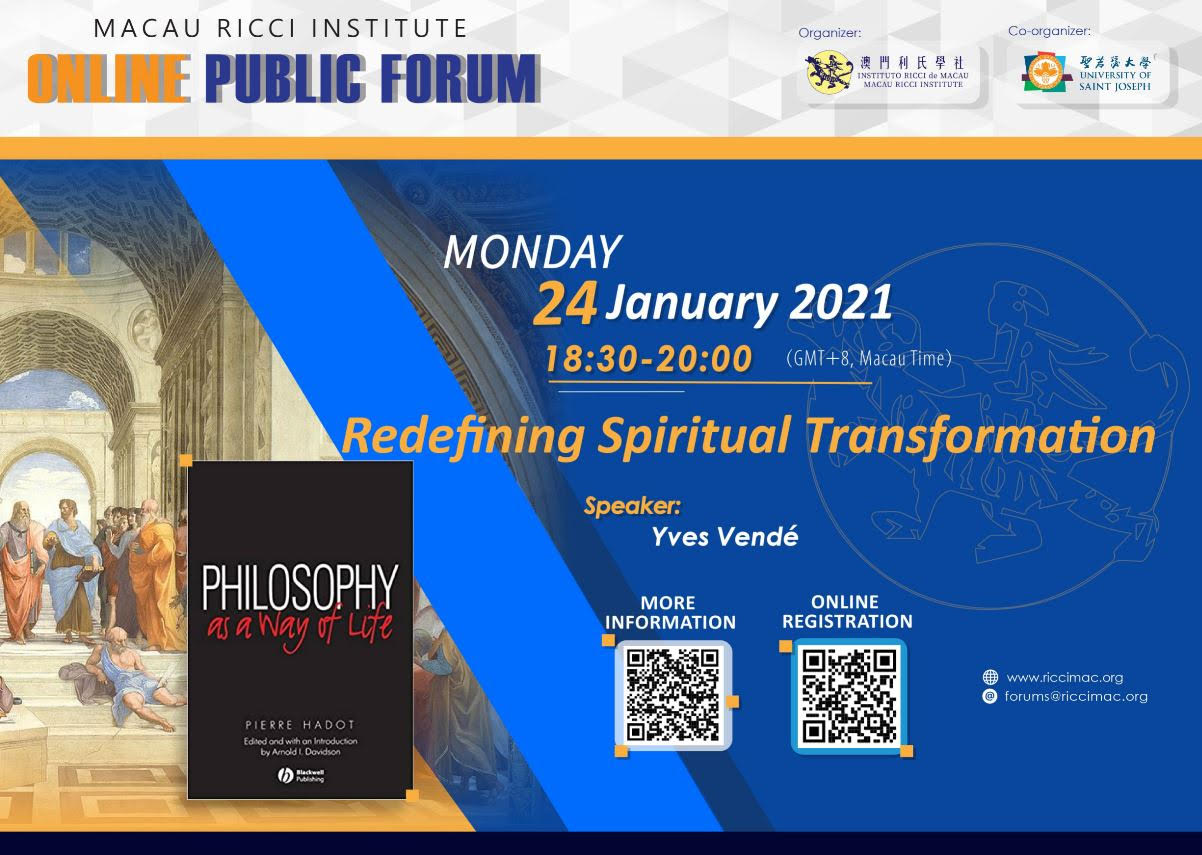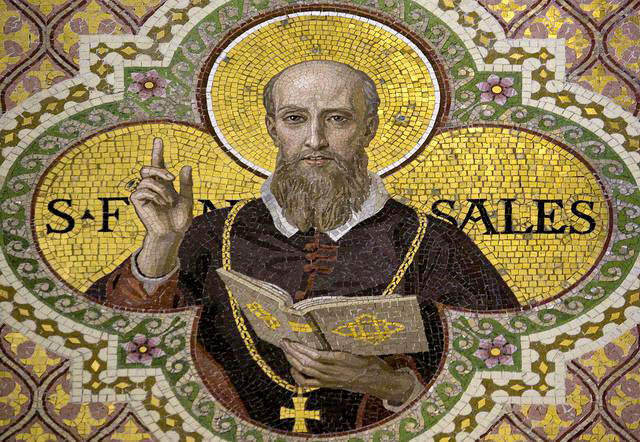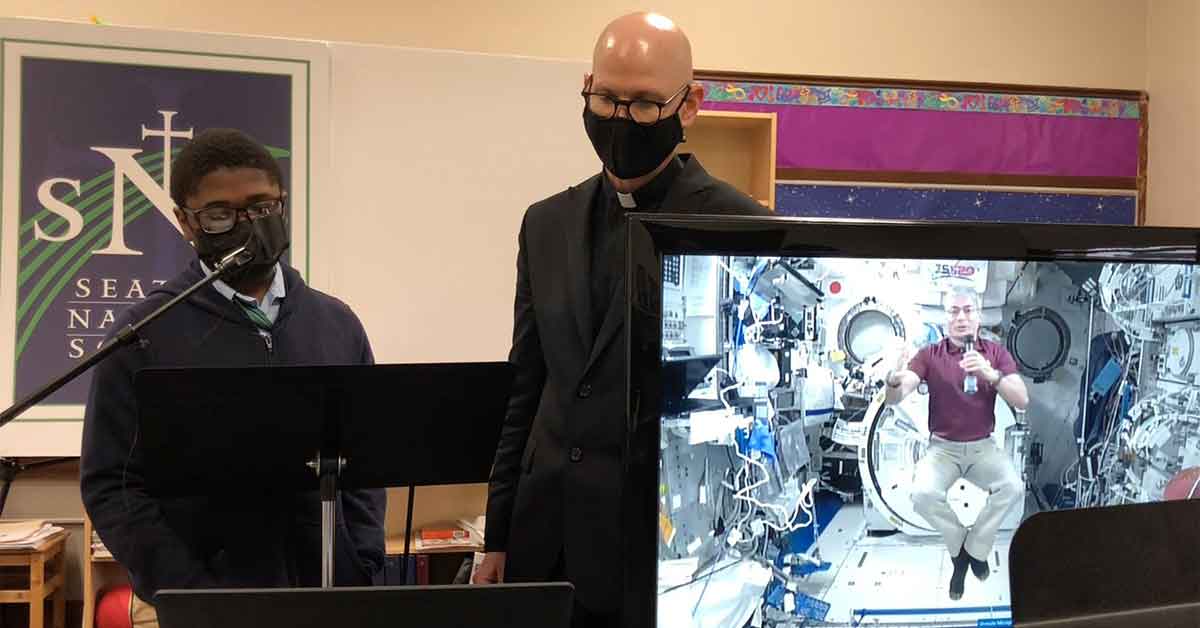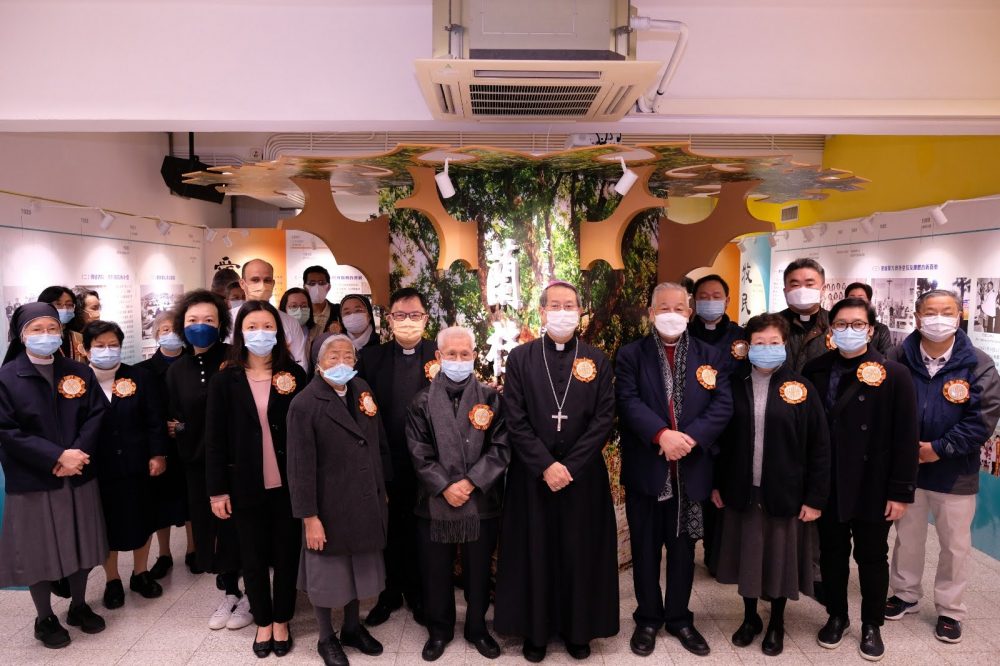The Society of Jesus is celebrating, until July 31st, the 500th anniversary of a personal transformation that changed the history of the Church. The example set by Saint Ignatius of Loyola will inspire, to a large extent, the activities that the Macau Ricci Institute intends to promote throughout the current year. The first activity – an online forum on “spiritual transformation” – takes place next Monday.










